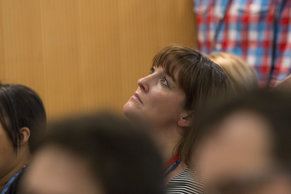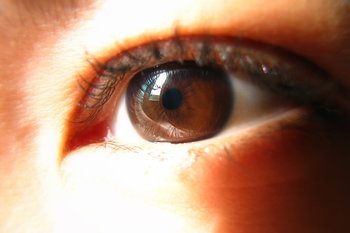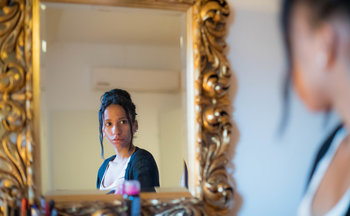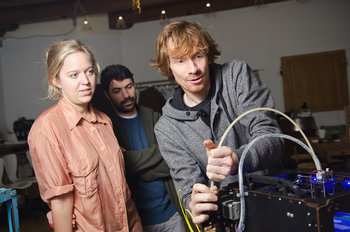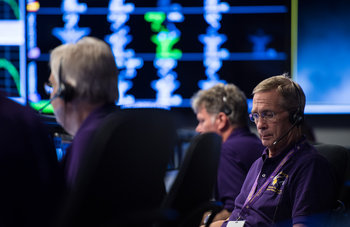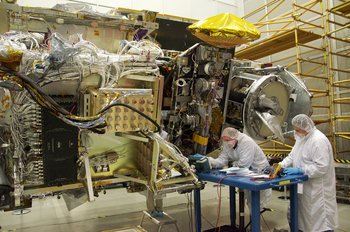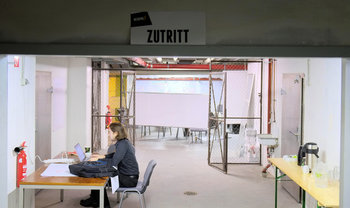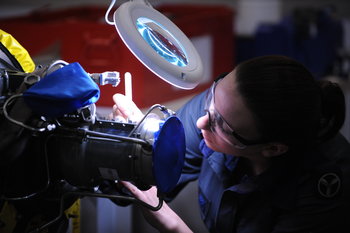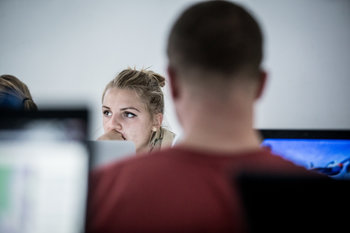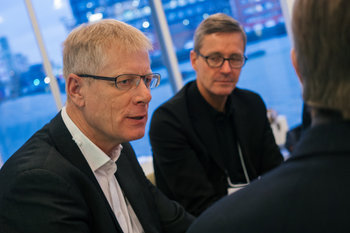
Trial & Error
Trial and error, also known as experimentation, is the basis for all discovery and learning. Perhaps this is why children are so often optimistic, curious and risk taking. It would be impossible to learn without seeing things fail. For example, a child who pushes the boundaries of rules to see how flexible they are until they end up in trouble.Other's Failure
An obvious criticism of learning from mistakes is that it is better to learn from other's mistakes than your own. This is true to an extent. Existing knowledge is largely based on historical trial & error and learning this is less painful than failing yourself. However, you can't redefine, create and challenge knowledge without your own process of trail and error. It is also the case that making your own mistakes tends to be a more visceral experience. For example, facing rejection due to poor performance in a job interview may be more of a learning experience than reading about common interview mistakes.Character
Character are the enduring mental and moral qualities of an individual. Painful mistakes tend to shape character. By playing it safe and avoiding mistakes, people may become stagnant and uninspired. Seemingly hopeless individuals who make a large number of mistakes can eventually emerge with an extremely strong character. For example, an pretentious artist who assumes they are fundamentally more talented than everyone else may gain a sense of humility from mistakes.Knowledge of Performance
Knowledge of performance is the process of looking at your mistakes regardless of your results. For example, an athlete who wins a race who still looks at their performance in a critical light to discover improvements.Knowledge of Results
Knowledge of results is the process of gaining knowledge from your success and failures in the real world. For example, a salesperson who closes many deals one month but suddenly can't seem to close any deals the next due to mistakes in communicating and building rapport.Intuition
Intuition is an idea or emotion that originates with the subconscious such that you can't explain how it was formulated. It is possible that your subconscious learns from mistakes. For example, an investor who has made many mistakes in the past who develops a strong intuitive sense of companies to avoid.Root Cause Analysis
Root cause analysis is the process of investigating the foundational cause of failures. For example, an accident that initially looks like it was caused by human error that was actually caused by latent human error such as a poorly designed procedure for overriding automatic pilot functions in an aircraft.5-whys
5-whys is a root cause analysis technique that involves asking the question why five times in succession.Problem: Failed French class
Why: Didn't internalized key concepts.
Why: Studied long hours but in a lazy way.
Why: Distracted by my phone.
Why: Planned to ignore phone but lack self-discipline.
Why: Have never trained myself in any serious way to achieve self-discipline. History of doing whatever I want with few consequences.
Why: Didn't internalized key concepts.
Why: Studied long hours but in a lazy way.
Why: Distracted by my phone.
Why: Planned to ignore phone but lack self-discipline.
Why: Have never trained myself in any serious way to achieve self-discipline. History of doing whatever I want with few consequences.
Introspection
Introspection is the process of examining your own emotions and ideas. For example, a snowboarder who thinks back and realizes they took a bad fall because they got scared and hesitated just as they hit a jump.Counterfactual Thinking
Counterfactual thinking is the process of looking back at the past and imagining how it could have been different. This is often used as a method of learning from mistakes as you imagine all the things you could have said or done.Questions
Mistakes often produce information. Likewise, they can produce valuable questions. For example, a musician whose song bombs who wonders for the first time if they are talented. This may be a painful question but may ultimately lead to improvement or new paths that work out well.Accountability
Mistakes can represent a lesson in accountability whereby an individual owns a mistake and takes actions to do what's right. For example, a technology person who takes the asoh defense when they accidentally take a major system down.Valuable Mistakes
In some cases, mistakes are directly valuable if you are able to see this value. For example, 19th century chemist William Henry Perkin was trying to develop a cure for malaria when he happened on an interesting color now known as Mauve. He created a large and successful business producing and marketing this colorant. By the end of the 19th century this color was so popular that the 1890s were known as the Mauve decade.Failing Forward
Failing forward is when costly mistakes end up benefiting you. It is common for risk takers to do better at things than the reserved, even if they often fail. For example, an project sponsor who leads a large project that is a spectacular failure who then gets promoted simply because they become so visible in the organization over the course of the project.Risk Management
Those who take risks and survive eventually get good at managing risk. For example, an experienced surfer who takes time to read ocean conditions before jumping in as they are willing to take large risks that need to be mitigated to survive.Fail Well
An efficient way to manage risk is to design things to fail quickly, cheaply and safely. For example, a musician who produces cheap demos of a song to play to friends and professional connections before they pay for expensive studio time.Creative Tension
Creative tension is the idea that creativity increases when under pressure to perform. For example, startup founders often describe a pattern whereby years of struggle lead to a problem that threatens the survival of their business only to see a creative idea emerge that solves the problem and makes things easier.Improvement
By making mistakes and trying to fix things you may get in the habit of constantly working to improve. For example, thinking each night about the mistakes of the day to plan to do better.Resilience
People who experience problems have the opportunity to become more resilient such that they are less likely to be derailed by future problems. Consider a hotel manager who has dealt with difficult customer service situations for decades. They may be able to deal with emotional customers without losing their cool or being personally affected.Optimism
Mistakes can build optimism in an individual. Optimism isn't a lack of problems but rather the ability to deal with problems without loss of enthusiasm. Individuals who deal with many mistakes may develop a strong sense of this too shall pass whereby problems are seen as temporary situations that may have a bright side.| Overview: Learning From Mistakes | ||
Type | ||
Definition | The idea that failures are valuable to knowledge, character and growth. | |
Related Concepts | ||









